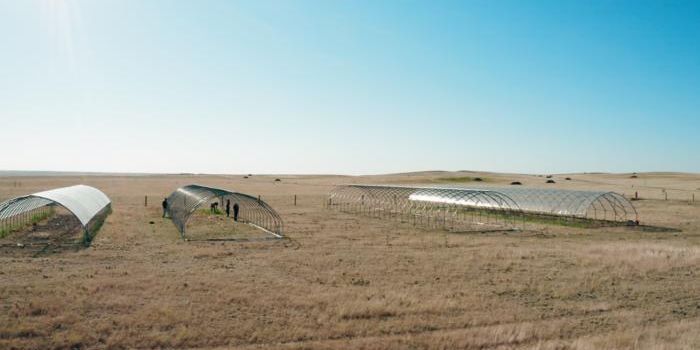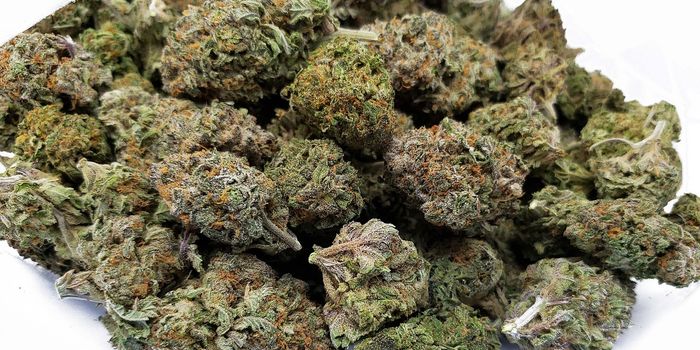Stomach of Deceased Sperm Whale That Washed Up in Indonesia Was Filled with Plastic
When a deceased sperm whale washed up on the shore of an Indonesian park, officials sought expert help for answers. Not long after, a necropsy procedure revealed some perhaps unsurprising circumstances: plastic ingestion.
Image Credit: WWF-Indonesia/Kartika Sumolang via Twitter
It’s challenging to say with absolute certainty that the plastic ingestion is what killed the 31-foot sperm whale, but that’s the best theory experts have at this time. In any case, all that plastic was indigestible and would have caused a great deal of discomfort for the animal.
Upon extracting all the inedible items from the whale’s digestive tract, experts weighed it on a scale and discerned that the creature swallowed more than 13 pounds’ worth of plastic bags, bottles, and cups. In addition to the plastic bits, flip-flop sandals and strands of string were also discovered.
A Tweet posted this week by the World Wildlife Fund (WWF) Indonesia outlined the digestive tract contents and their respective quantities:
"Hard plastic (19 pieces, 140g), plastic bottles (4 pieces, 150g), plastic bags (25 pieces, 260g), flip-flops (2 pieces, 270g), pieces of string (3.26kg) & plastic cups (115 pieces, 750g)." – WWF Indonesia/Twitter.
Related: This beached whale had an entire stomach full of plastic bags
It’s not hard to imagine how such a large marine mammal could inadvertently capture plastic in its mouth while feeding on nearby prey; this is often the case with most whales that find themselves in similar predicaments.
Earlier this year, a much smaller pilot whale washed up dead in Thailand after ingesting more than 17 pounds’ worth of plastic bags. Before that, a deceased sperm whale had more than 64 pounds’ worth of trash sitting inside of its body.
Stories of this nature are becoming more and more mainstream, and the circumstances are alarming considering all the hard work that conservationists do to protect animals from harm.
Many markets around the world have moved forward with plastic bag bans that will help prevent much of this litter from making its way into our oceans. Unfortunately, there’s already so much plastic below the ocean’s surface that we’re likely to see events akin to this one more frequently than we’d like. In other words, the damage has already been done.
These heart-breaking events underscore the importance of cleaning up our litter at beaches and preventing it from wandering into the ocean. The time to act is now.
Source: WWF Indonesia/Twitter via BBC










